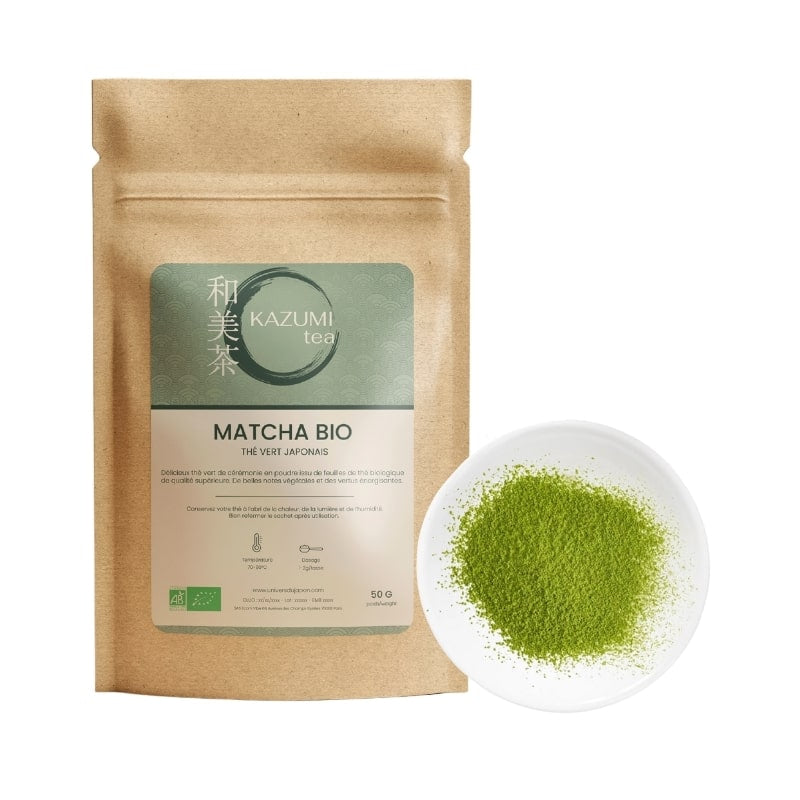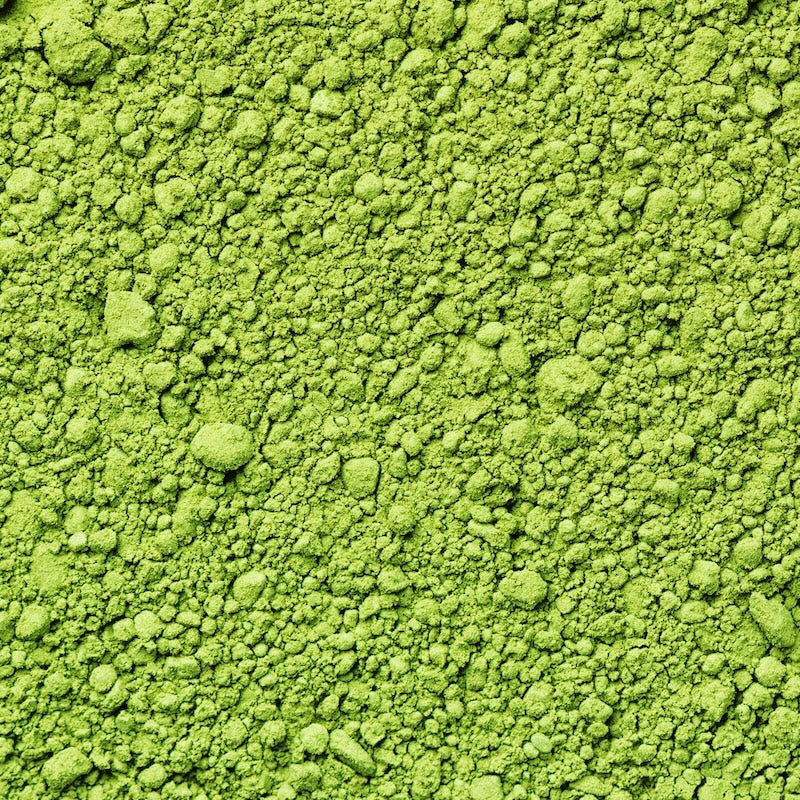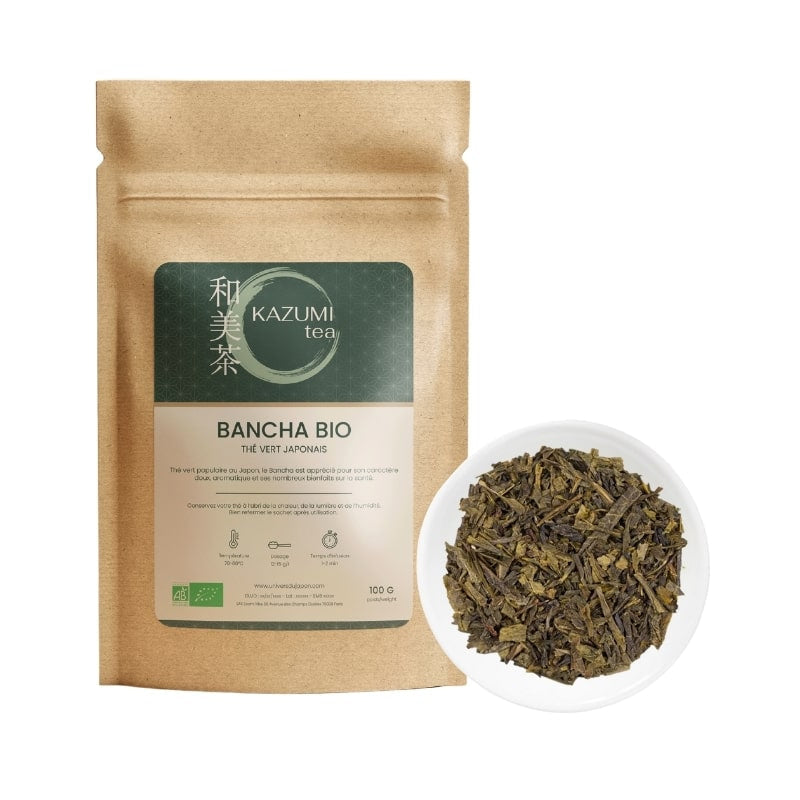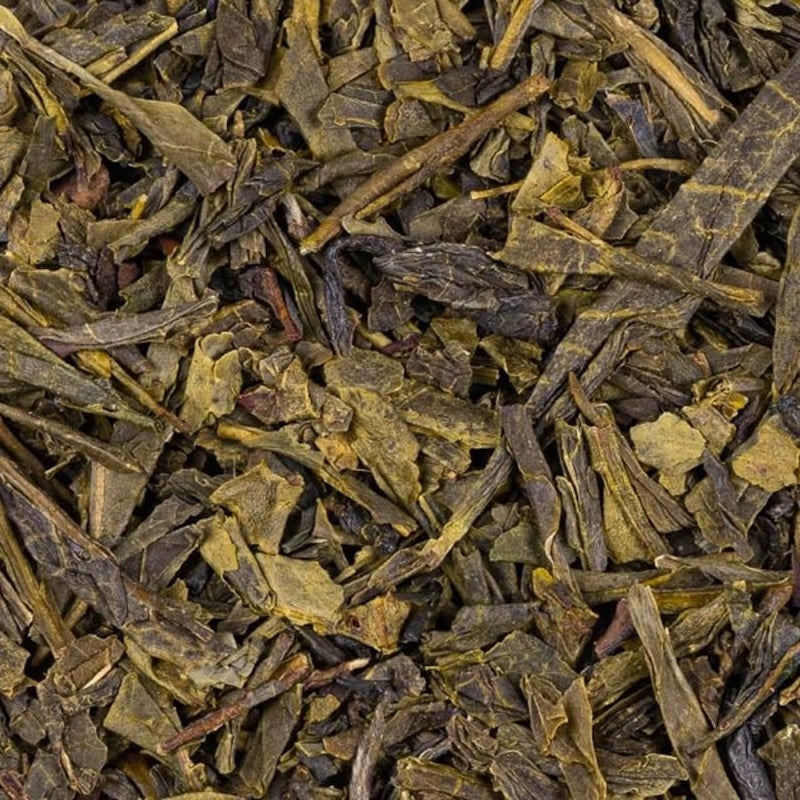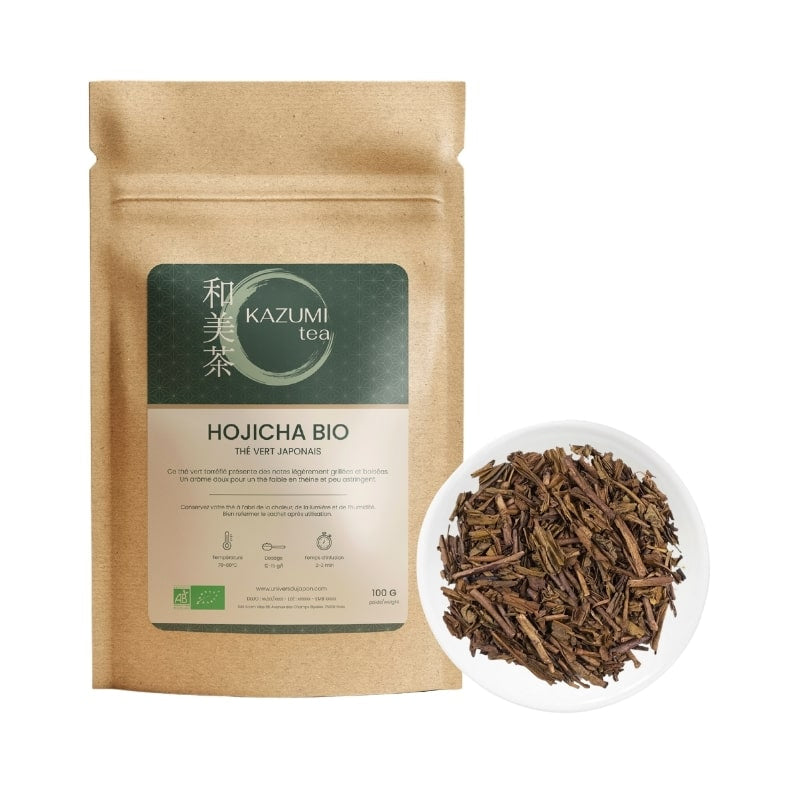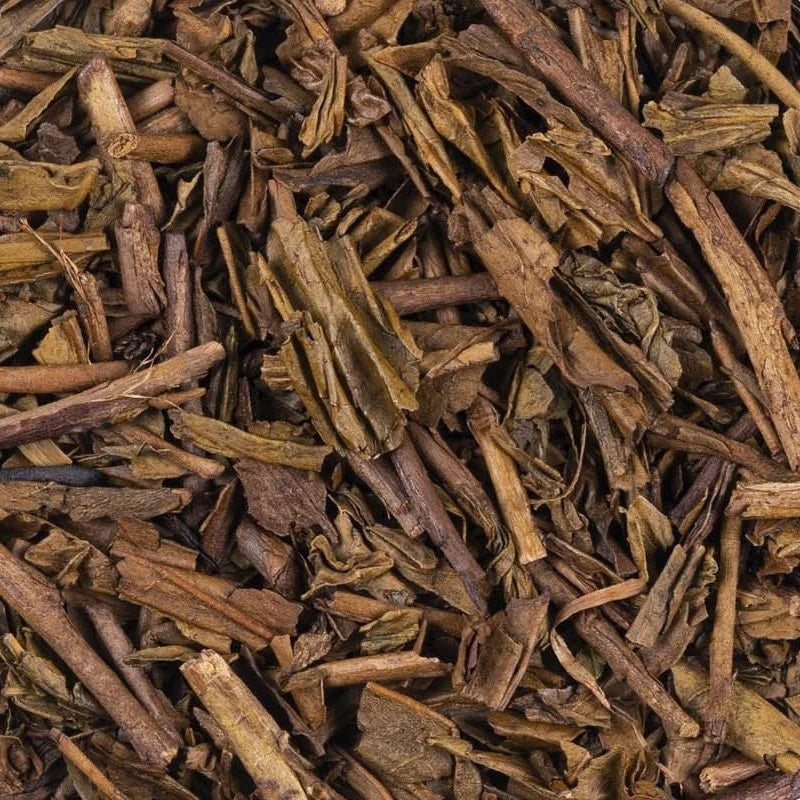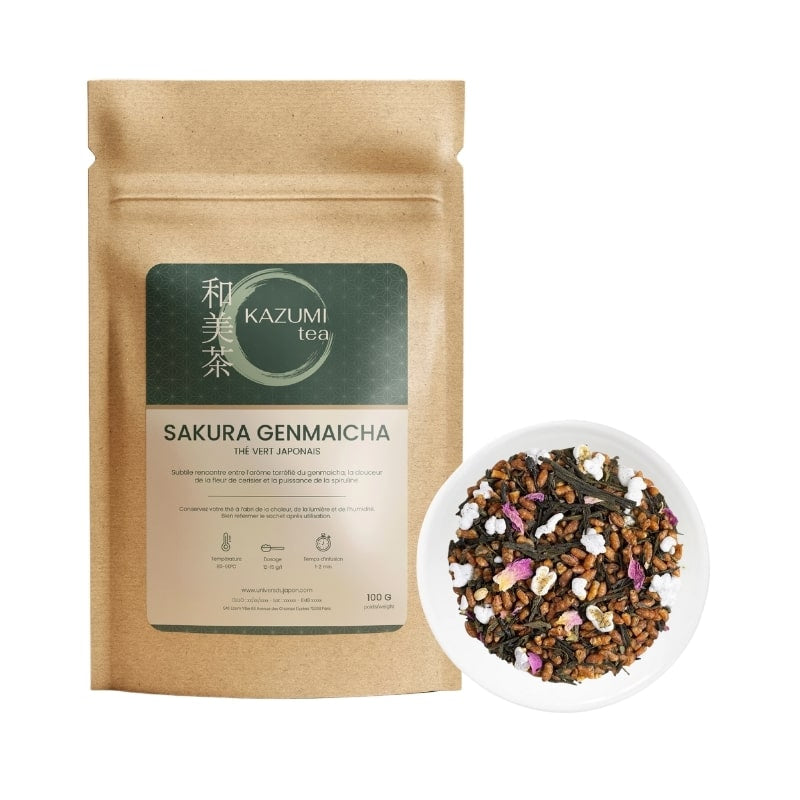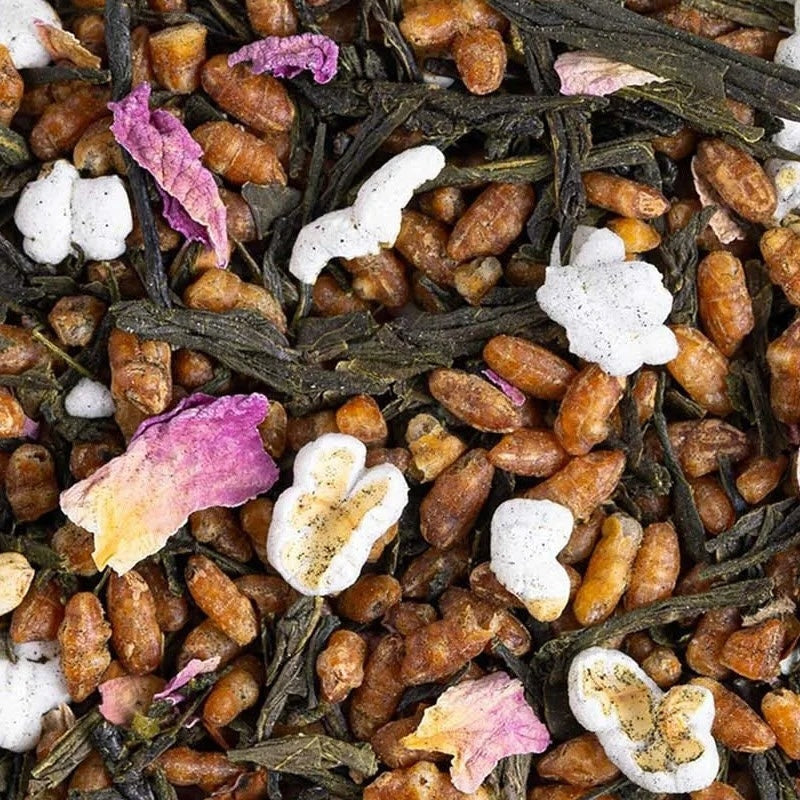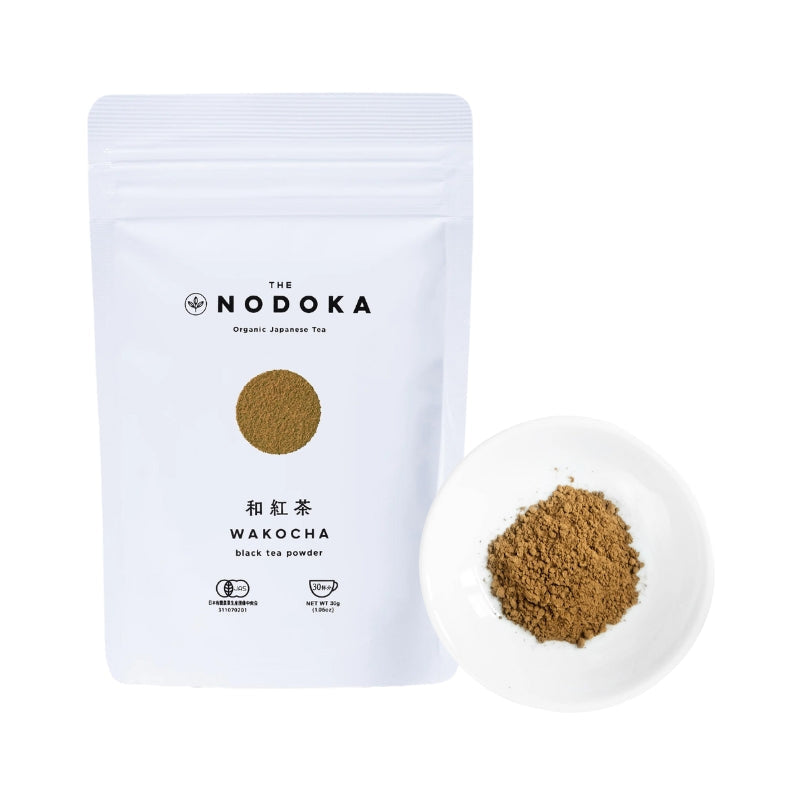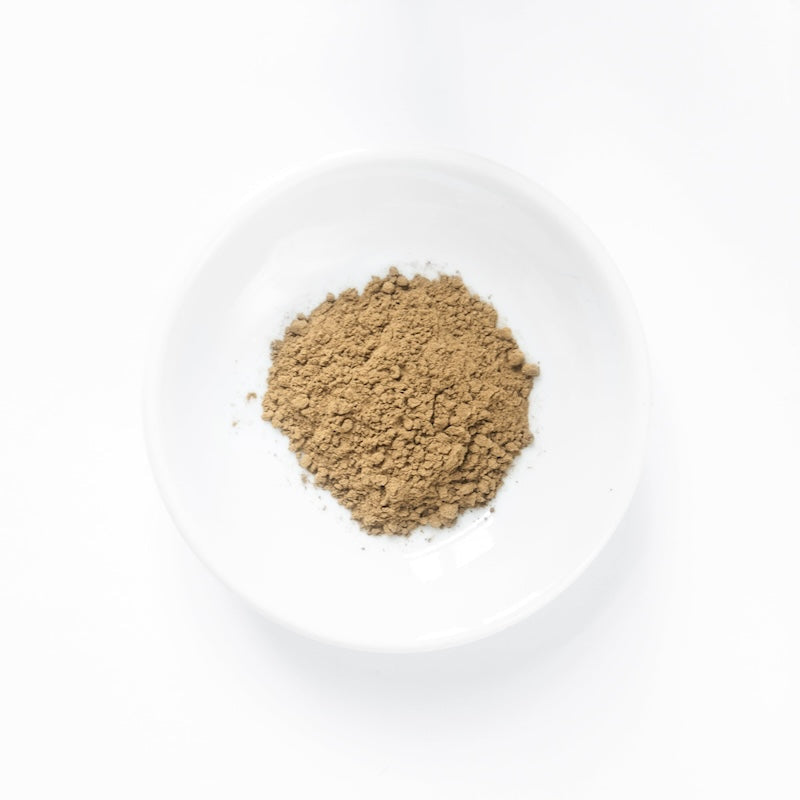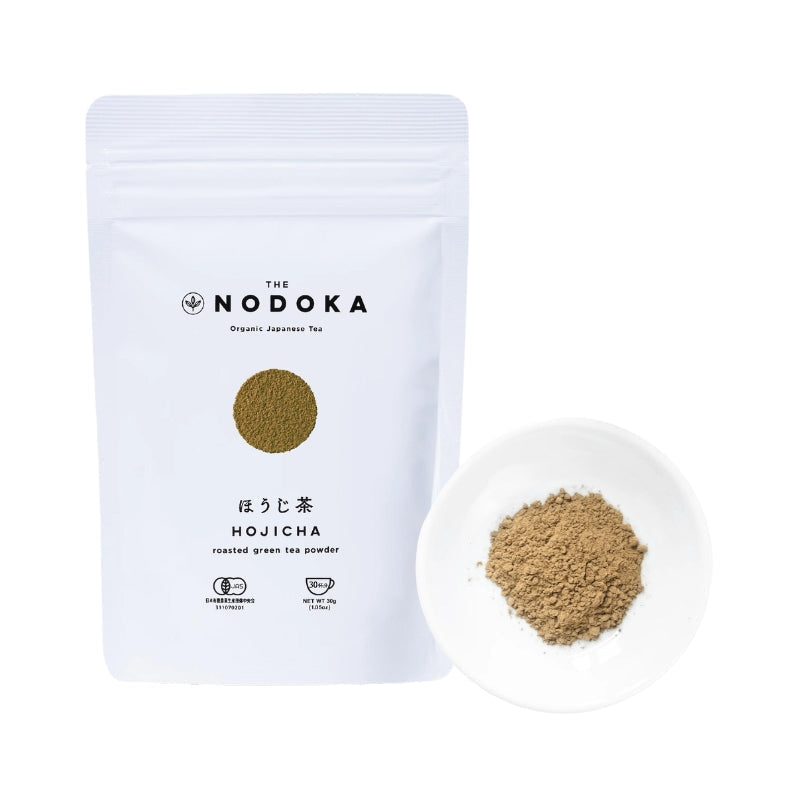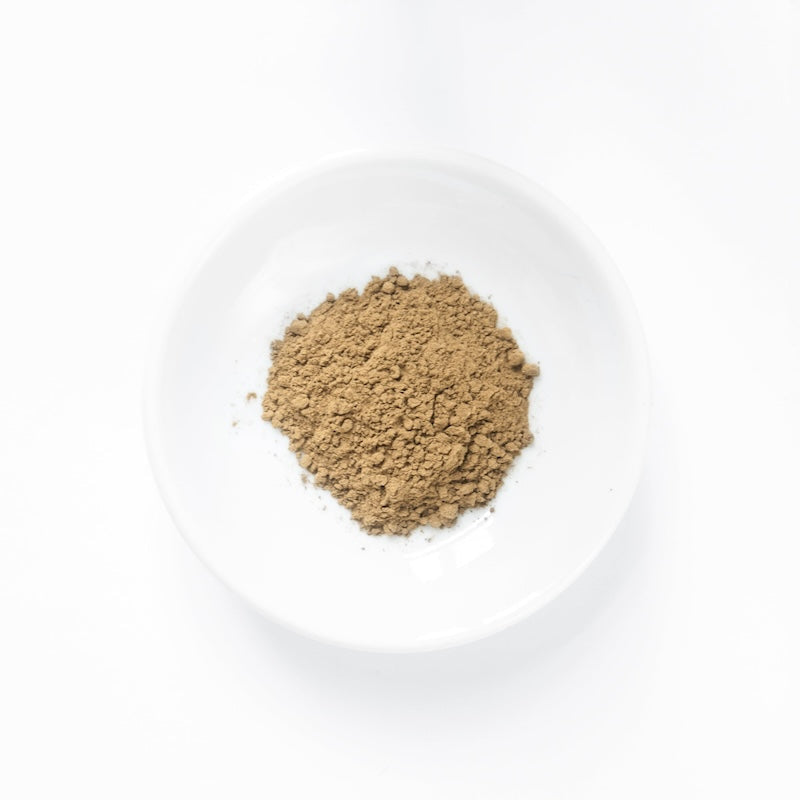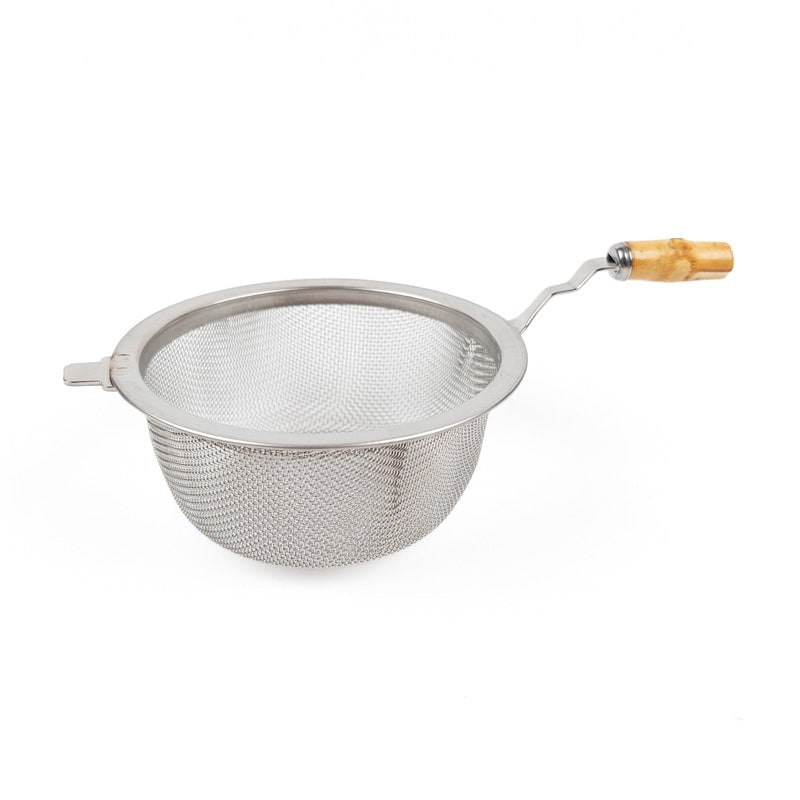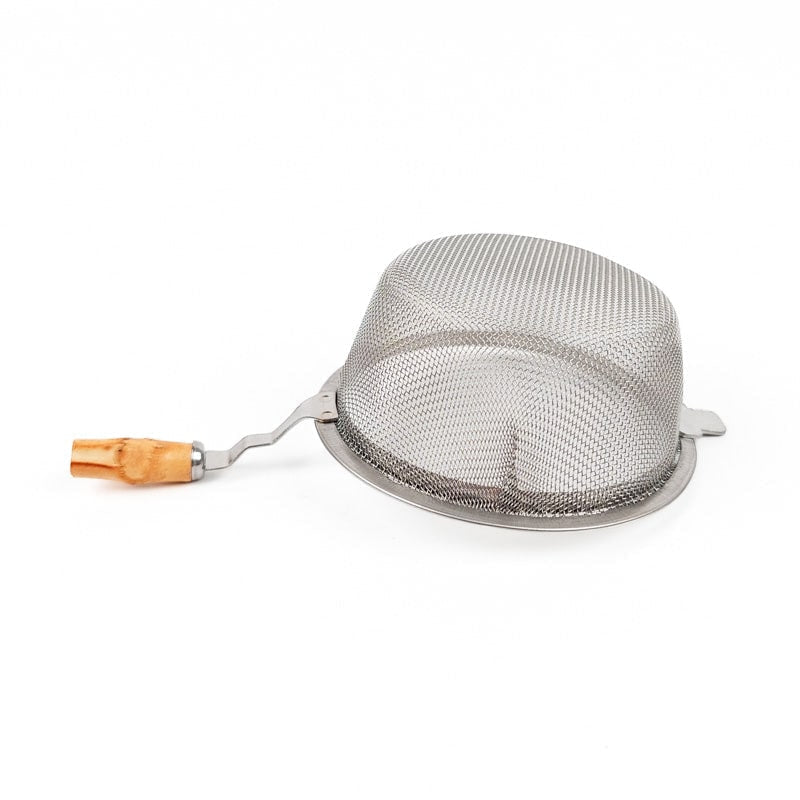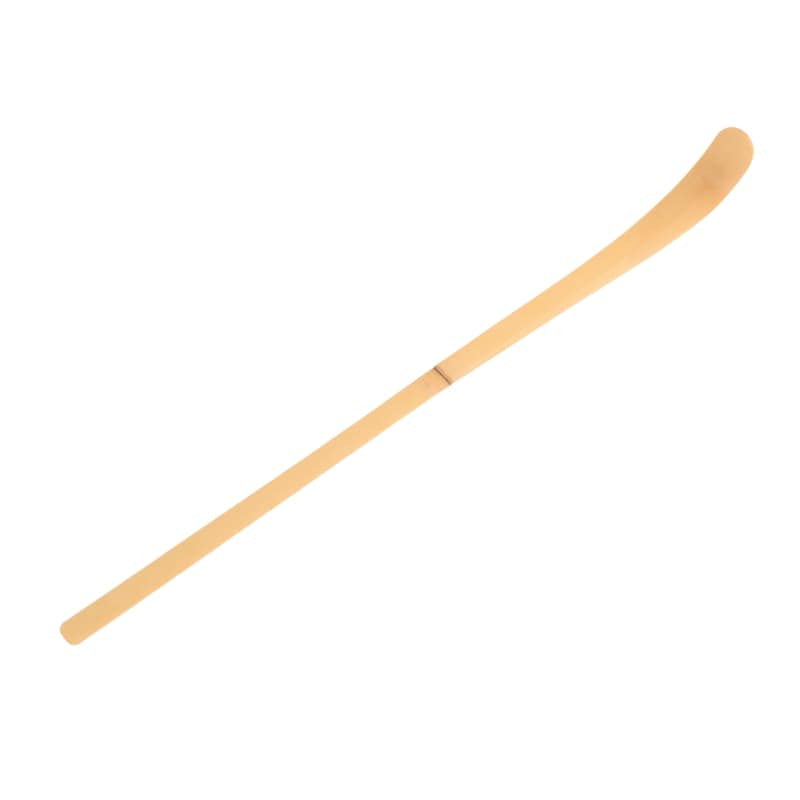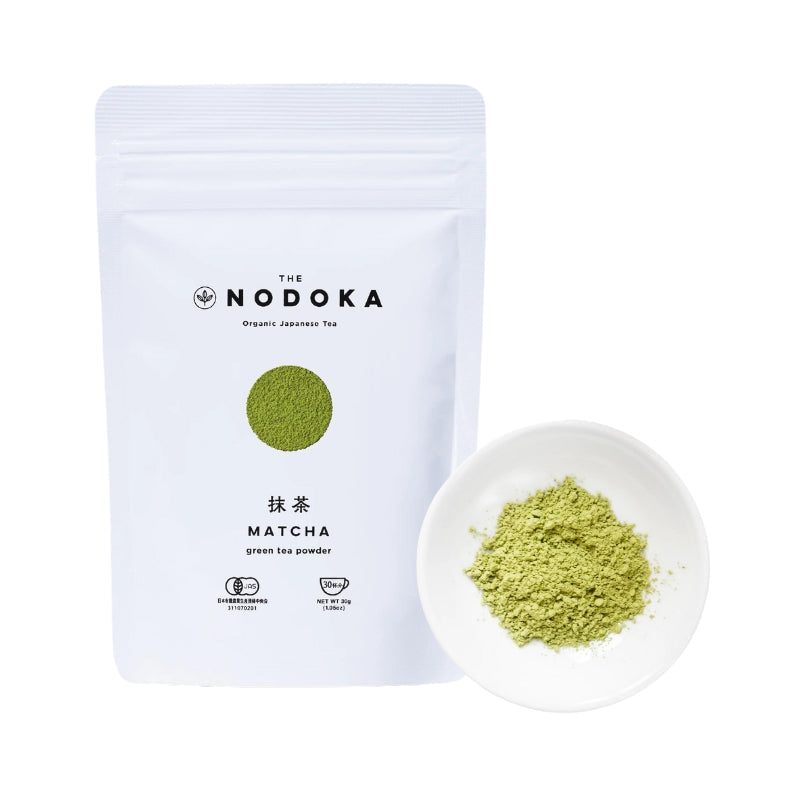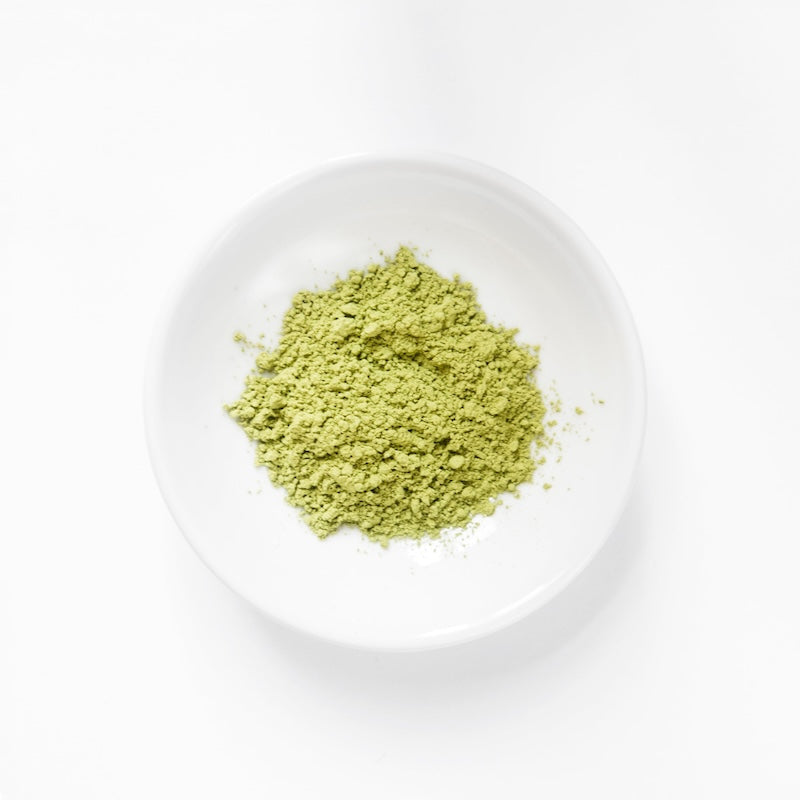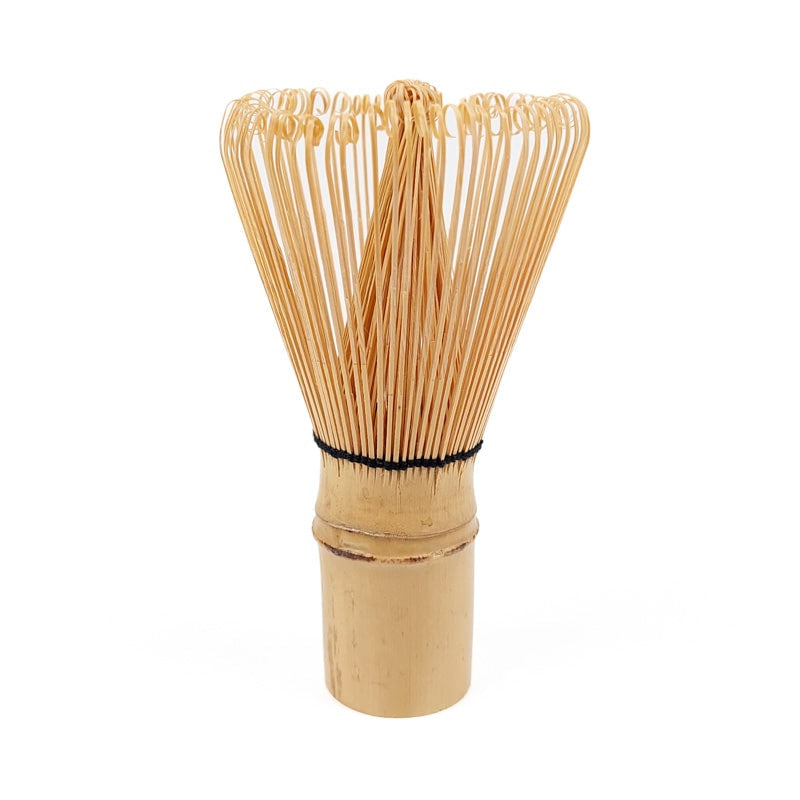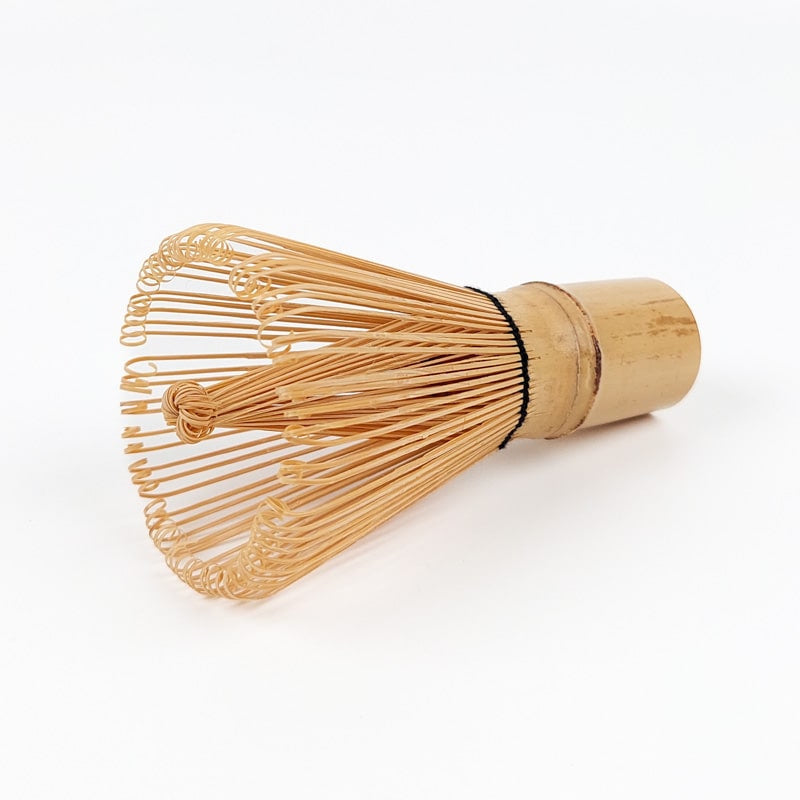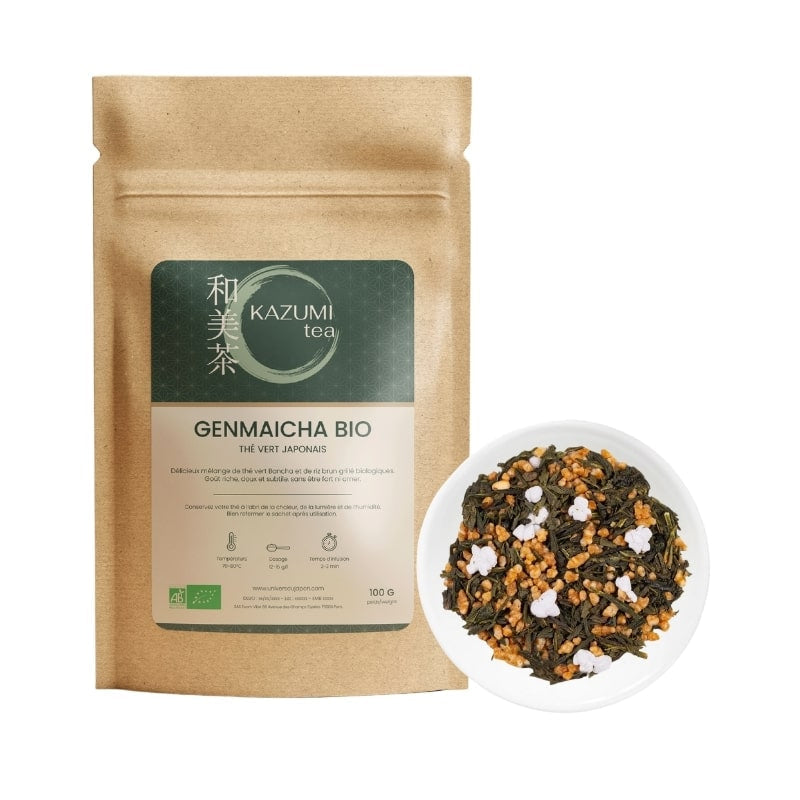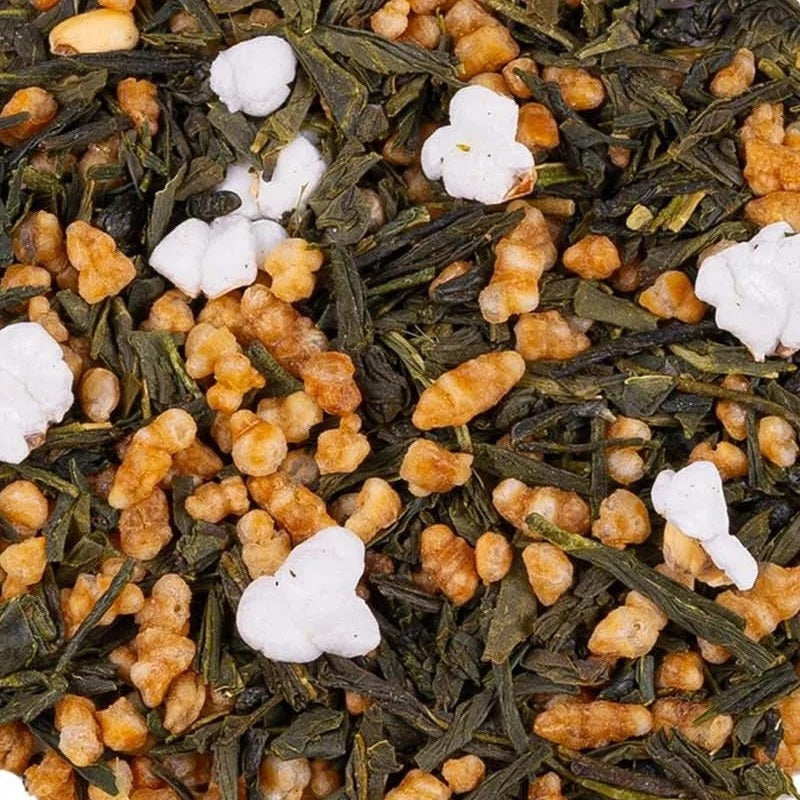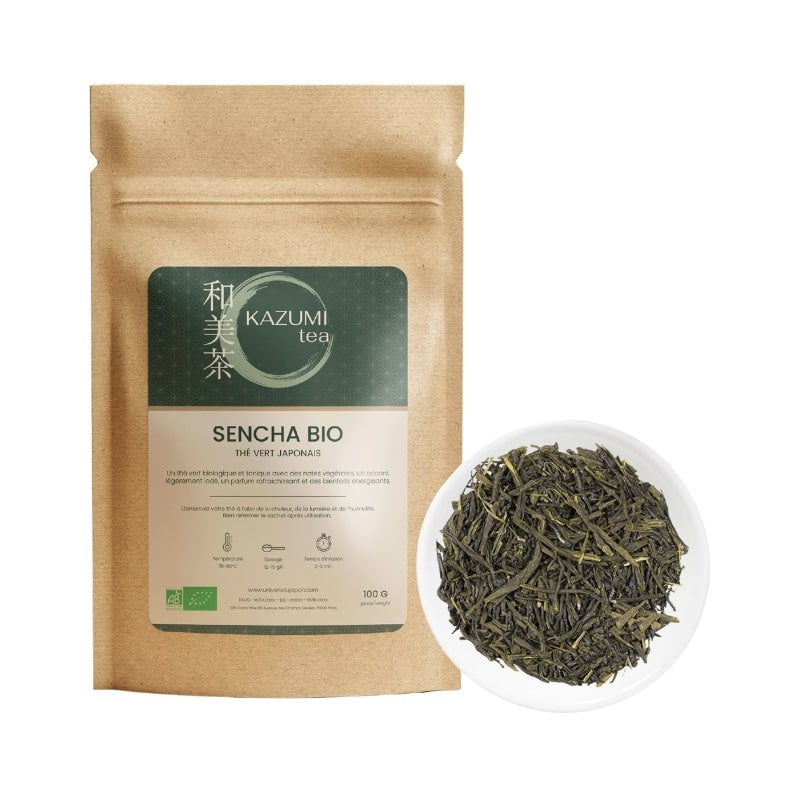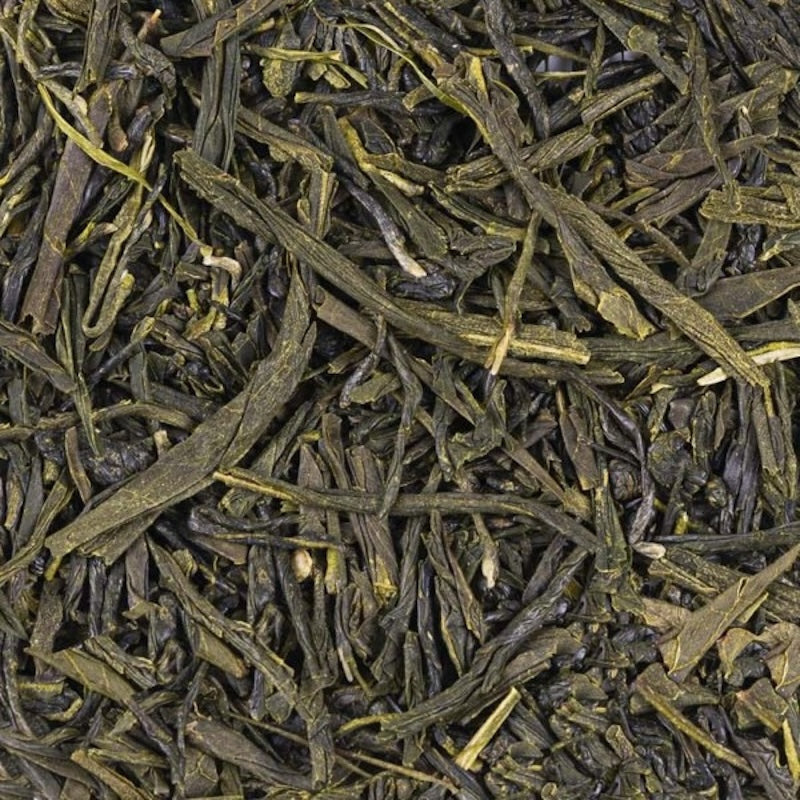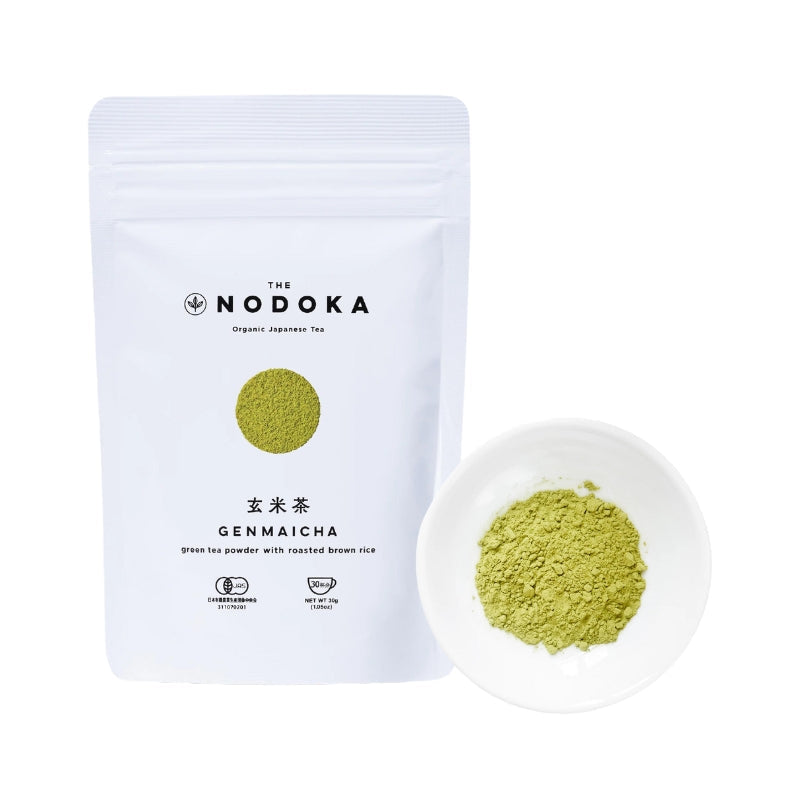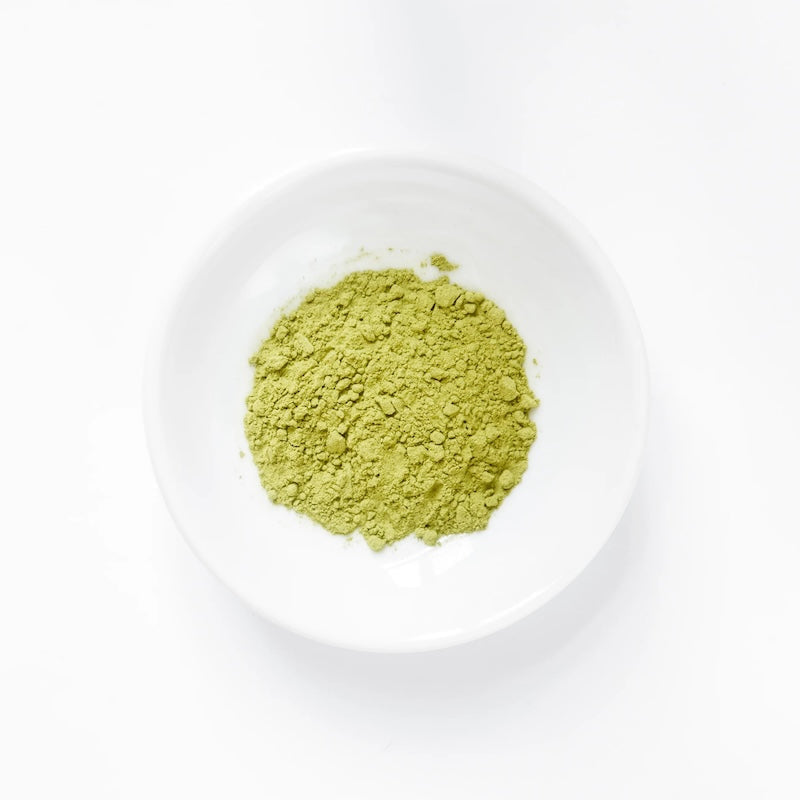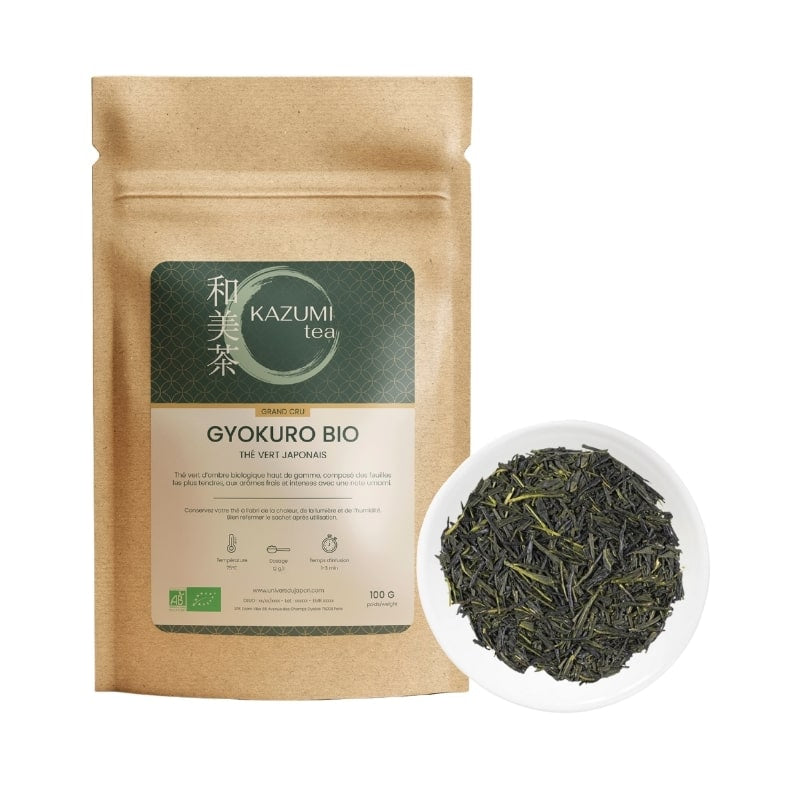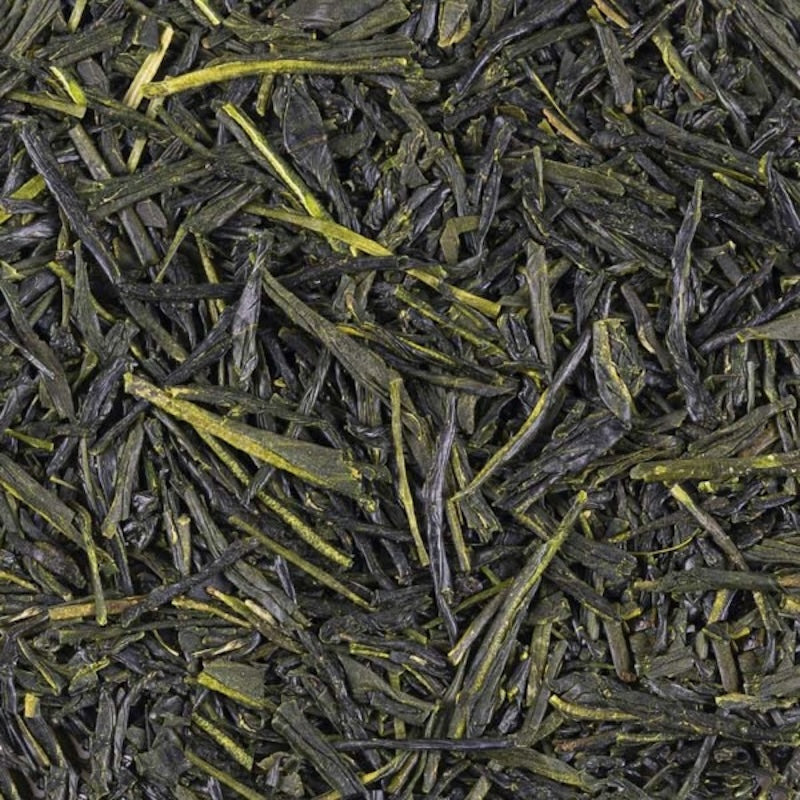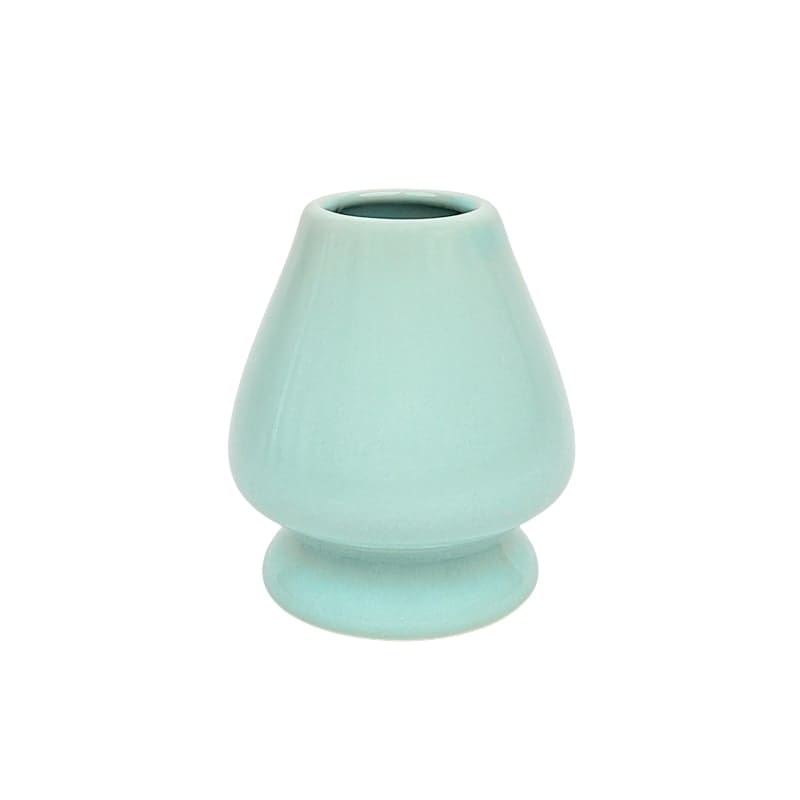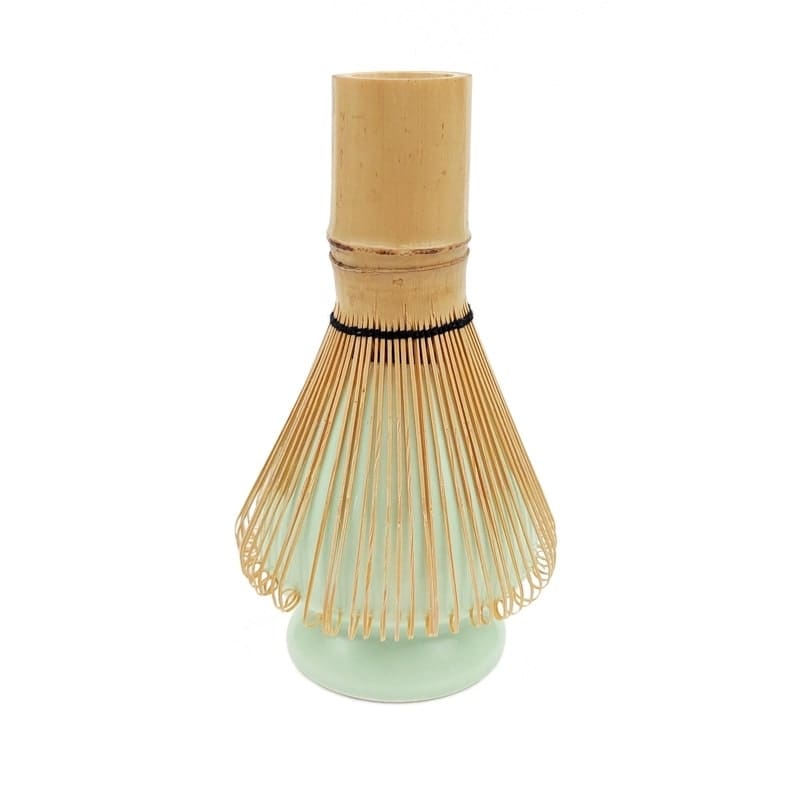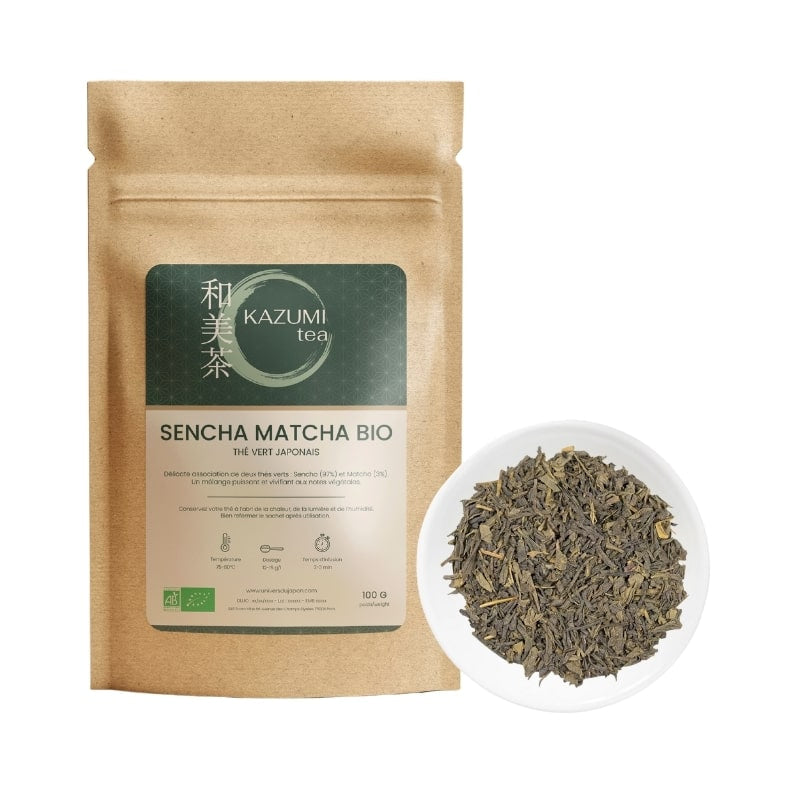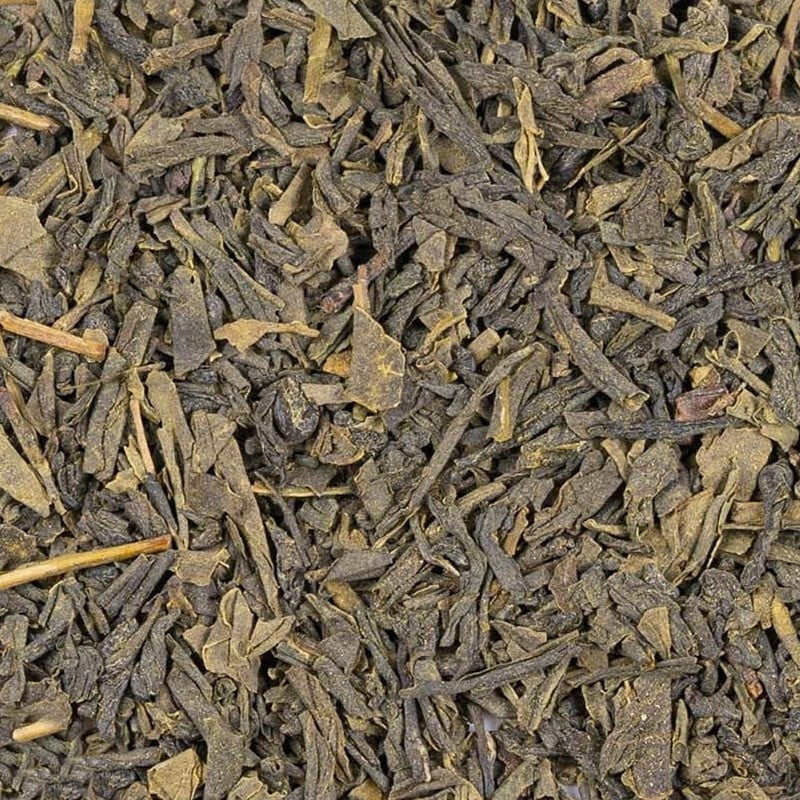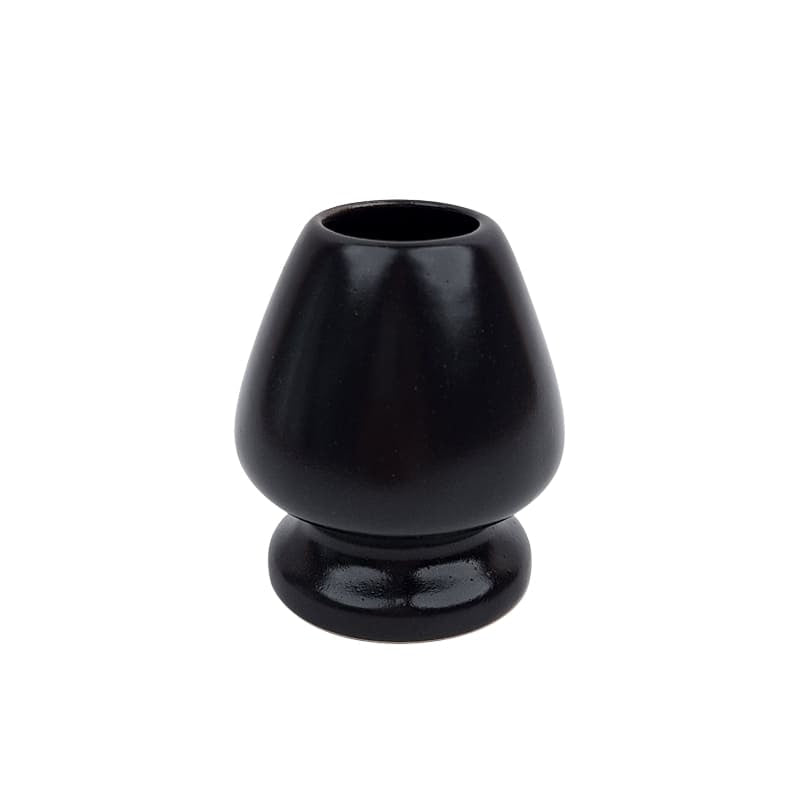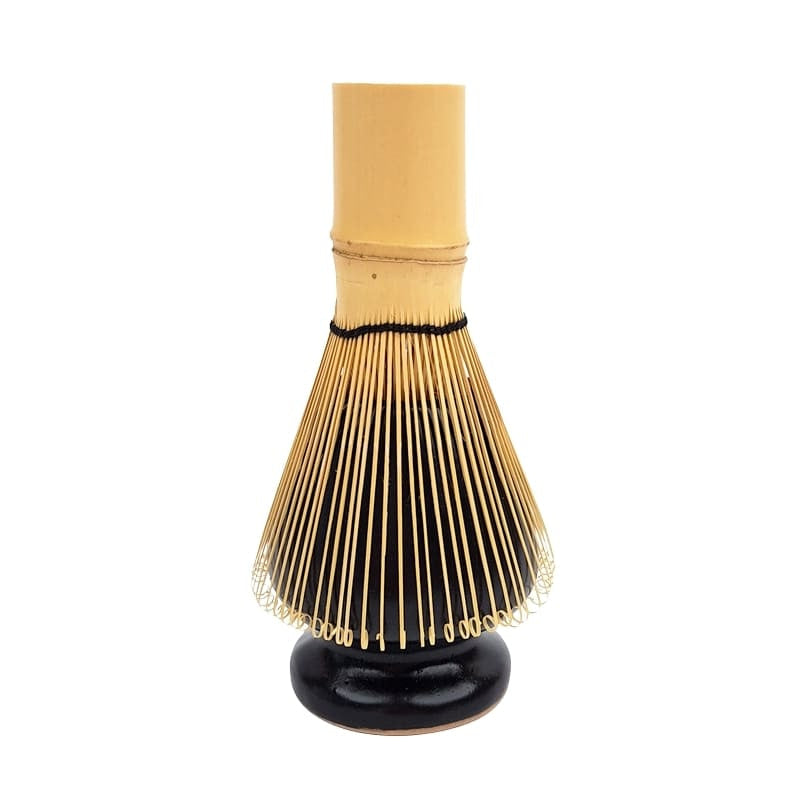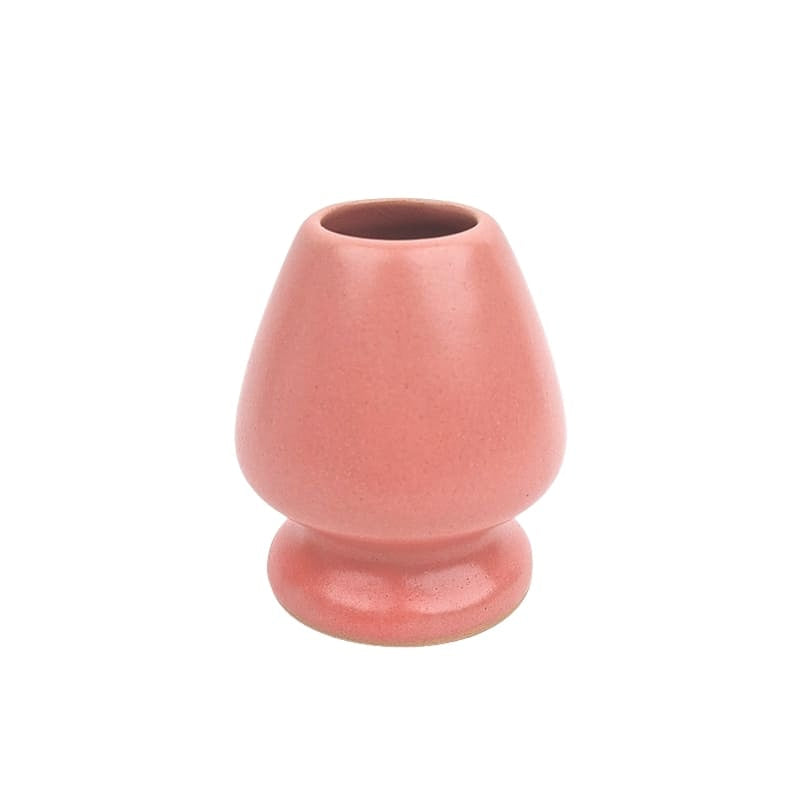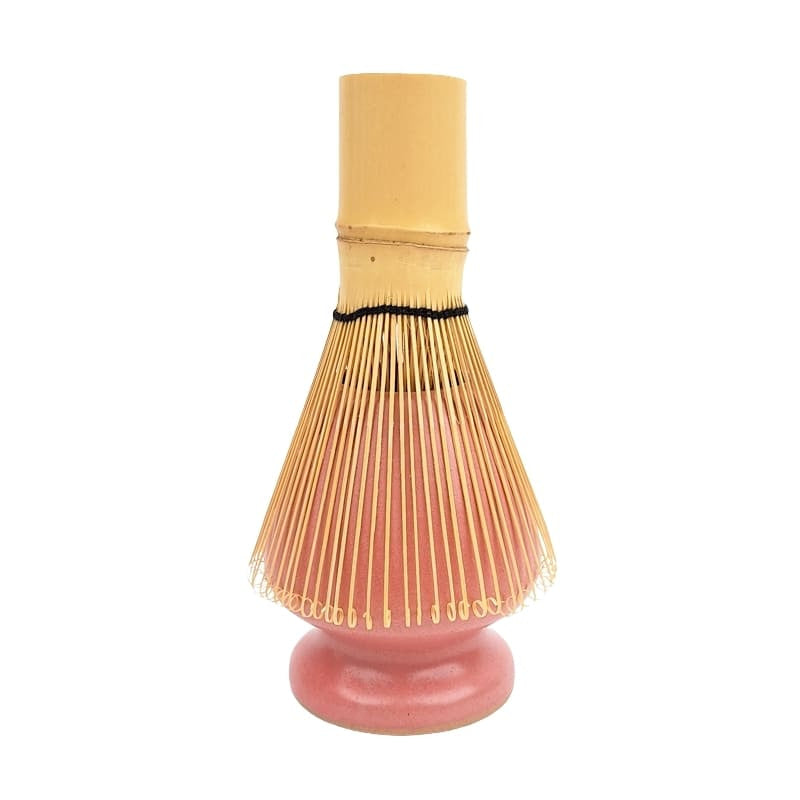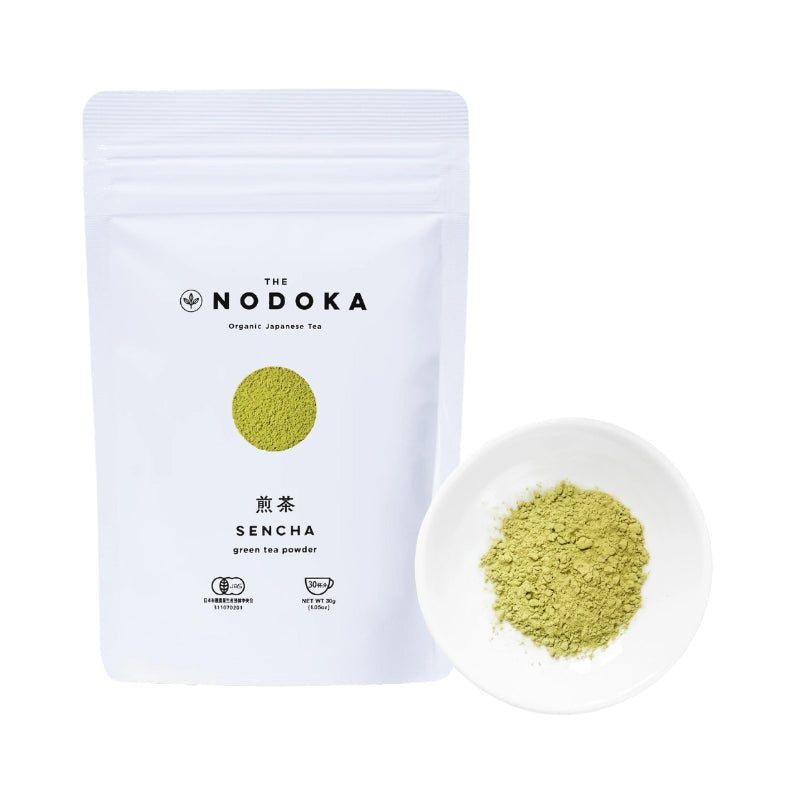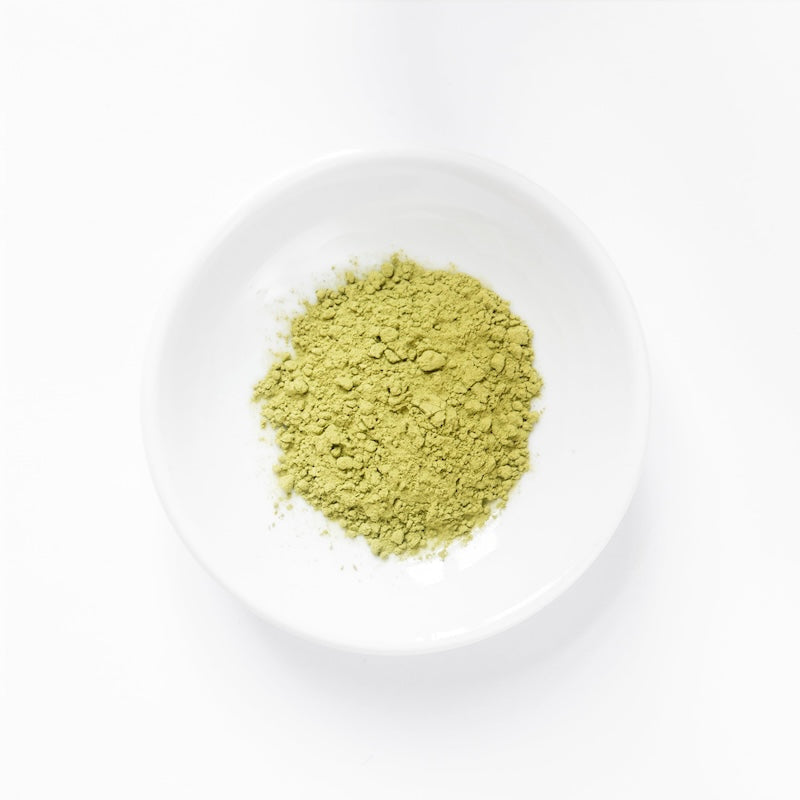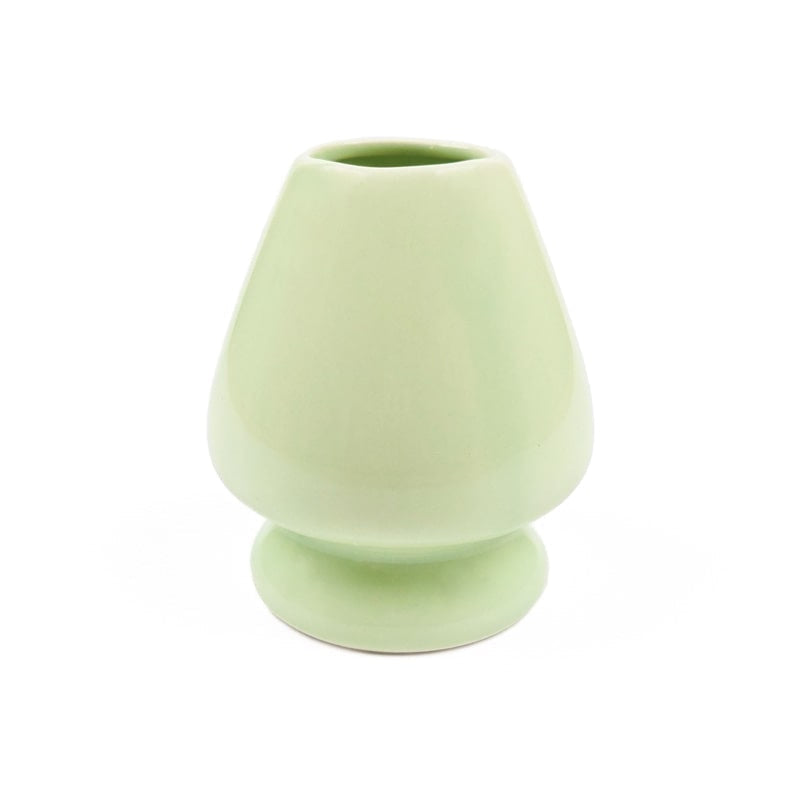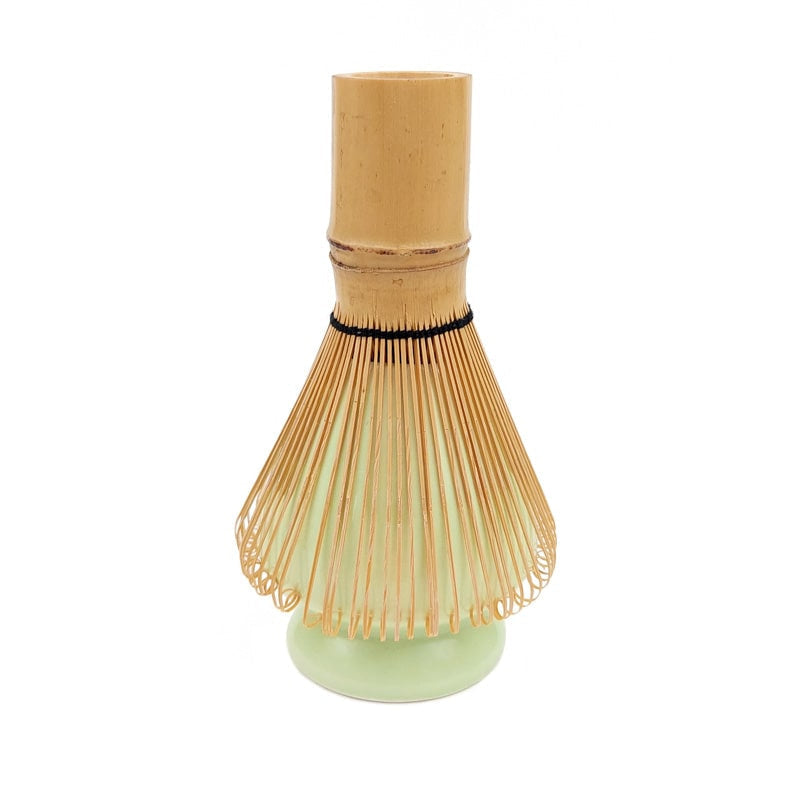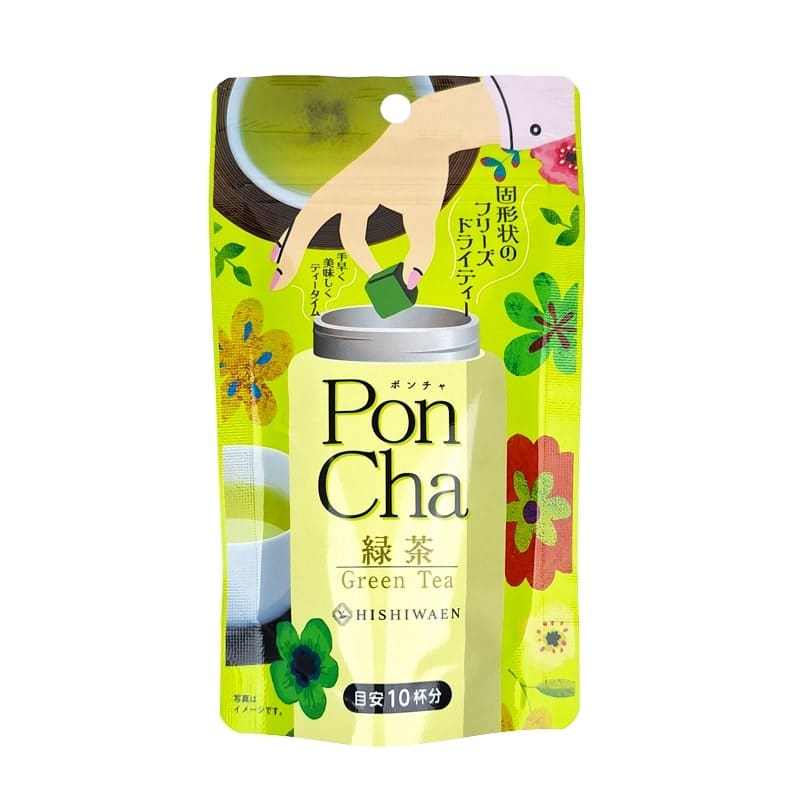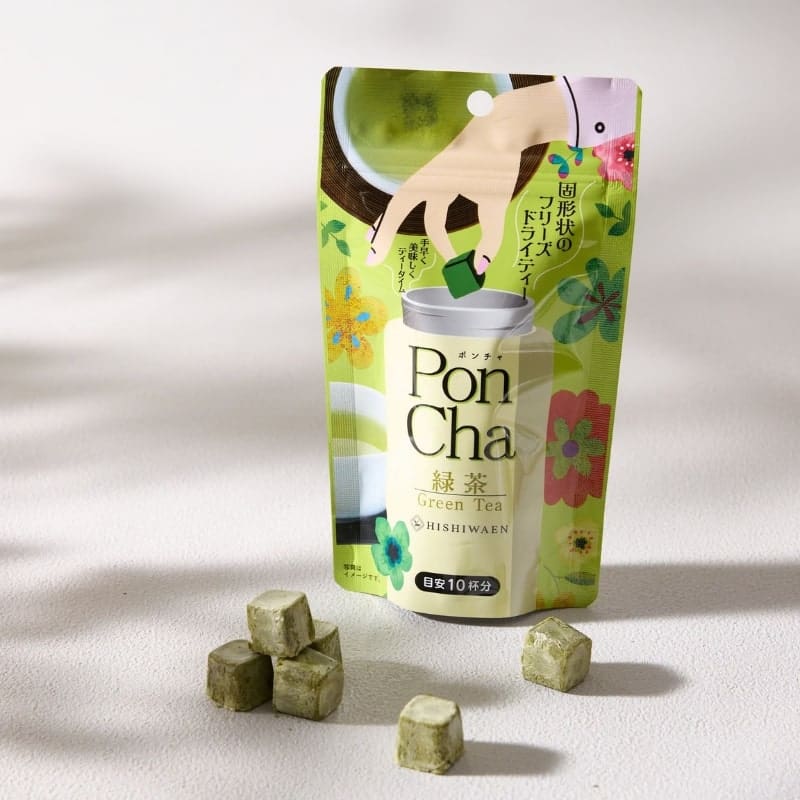Japanese tea: Delicious and invigorating
Japanese tea is considered one of the world's finest teas. Its quality, taste and health benefits are remarkable. In Japan, the preparation and consumption of tea are sacred. So much so that this hot beverage has its own ceremony known as Chanoyu.
Let the flavours of our Japanese teas take you on a delicious journey to the Land of the Rising Sun!
Which Japanese green tea to choose?
In Japan, the culture of green tea dominates. This type of unfermented tea is characterized by its herbal flavor, slight bitterness, nutty and sometimes iodized notes.
What kind of tea do the Japanese drink?
There are many varieties of green tea. The most well-known Japanese teas are sencha, gyokuro, matcha and bancha. The Japanese drink sencha and bancha daily, while matcha and gyokuro are reserved for special occasions.
Japanese sencha green tea
Sencha accounts for ¾ of Japan's tea culture. It's a tea variety much appreciated throughout the world. After harvesting, the leaves are steamed, rolled and then dried to give this characteristic elongated shape. Sencha is distinguished by its fresh, grassy taste. The Japanese enjoy this beverage either hot or cold, at any time of day.
Matcha, a powder with many benefits
Matcha is a traditional Japanese tea of superior quality, harvested by hand and ground to a powder. It is traditionally served at the Chanoyu tea ceremony. This finely ground Japanese green tea is distinguished by its unique preparation and taste. It is also highly prized for its benefits and relaxing effect! Its richness in antioxidants and nutrients gives it exceptional qualities. Some even use it to lose weight! Matcha powder is mixed with hot water using a chasen (bamboo whisk). The result is a bright green beverage with a frothy texture and savory notes. Japanese matcha tea is then served in a chawan bowl to better appreciate its unique aromas. Matcha is also used in many recipes by Michelin-starred chefs.
The exquisite taste of noble gyokuro
Gyokuro is a prestigious,shade-grown tea with an intense, sweet, umami taste. This enveloping, mysterious flavor is particularly sought-after in Japanese culture. The young shoots are harvested in spring and carefully selected to obtain the finest aromas. Gyokuro is considered Japan's finest green tea.
Bancha for a healthy digestive system
Bancha is a later-harvest tea with coarser leaves. Hojicha bancha is a tea whose leaves have been roasted to obtain a woody taste. With its low theine content, it can be drunk in the evening or after a meal to aid digestion. Japanese roasted tea, or genmaicha, is particularly popular in Japan as well as in the West. It's a blend of bancha and roasted rice. Its roasty, creamy taste is very pleasant to drink.
How to prepare Japanese tea?
Preparation depends on the type of tea used. In general, the temperature and infusion time are indicated on the tin. First heat water in a kettle, then spoon a small quantity of leaves into the strainer of a teapot. When the water has reached the desired infusion temperature, the tea is steeped for between 30 seconds and 2 minutes, depending on the tea, before being served in a cup.
Recommended quantity of tea:
Sencha and Giokuro: 10g / 80 ml water (infusion time 30-40 seconds)
Bancha: 10g/250 ml water (brewing time 2 minutes)
Matcha: 2g/60ml water. The water temperature should not exceed 80 degrees to preserve the tea's properties.
Fancy a Japanese ice tea? Go for a sencha or gyokuro, for example, and leave the leaves to infuse in the fridge for at least eight hours.
The art of tea in Japan is deeply rooted in the culture, which is why this beverage is so highly refined and appreciated the world over. In addition to its subtle taste and enchanting aromas, the benefits of Japanese green tea are well established!

